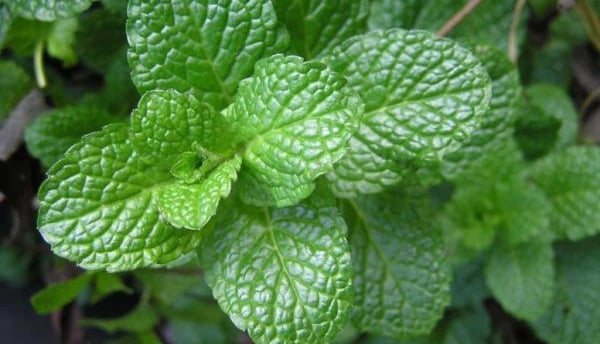Mint Plant Problems: Common Pests and How to Handle Them Naturally
Discover common pests that attack mint plants and how to treat them naturally. Tips for preventing damage and keeping your mint healthy year-round.
PESTS & PROBLEMS


Mint is one of the easiest herbs to grow—but even this tough little plant isn't immune to pest issues. From leaf miners to spider mites, mint can suffer from stunted growth, curling leaves, and spots if not monitored properly.
Let’s explore the most common pests that affect mint and how to treat them naturally to keep your harvest safe and flavorful.
🐛 1. Spider Mites
Symptoms: Fine webbing, tiny yellow spots on leaves, dusty appearance
Solution: Boost humidity, spray with insecticidal soap
Tip: Rinse leaves under cold water to knock mites off manually
🐞 2. Aphids
Symptoms: Sticky residue (honeydew), distorted new growth, ant activity nearby
Solution: Use neem oil or strong water spray to dislodge them
Add companion plants like garlic or chives nearby to repel them
🪲 3. Flea Beetles
Symptoms: Small round holes in leaves, especially in young plants
Solution: Apply diatomaceous earth, use floating row covers
Remove plant debris and rotate crops seasonally
🐜 4. Cutworms
Symptoms: Mint stems cut near the soil line (usually overnight)
Solution: Use collars around seedlings, clear mulch, apply neem or Bt
Water early in the day to prevent mold and fungal issues
🐝 5. Leaf Miners
Symptoms: Winding white tunnels inside mint leaves
Solution: Remove and destroy affected leaves
Spray neem oil weekly as a preventive measure
⚠️ Bonus: Preventing Pest Infestations in Mint
Don’t overcrowd: Mint loves space and airflow
Water the soil, not the leaves
Trim regularly to keep the plant vigorous and discourage pests
Keep mint in containers to isolate it from garden-wide infestations
🌿 Quick DIY Pest Spray for Mint
1 tsp castile soap
1 tsp neem oil
1 liter of water
Spray early in the morning, especially under leaves. Avoid spraying right before harvest.
